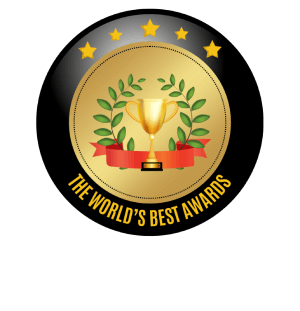In-vitro fertilization (IVF) helps many families have children, but new laws are making it harder for people to get this care. After the Dobbs v. Jackson decision ended federal abortion protection, some states began passing “personhood laws.”
These laws treat embryos as legal people, which could make IVF illegal in some states. If a frozen embryo doesn’t survive the process, something that can happen naturally, clinics and doctors could face criminal charges.
Dr. Nicole Ulrich, a fertility specialist and president of the Louisiana Fertility Alliance, says these laws could force many clinics to stop offering IVF altogether.
Common Barriers to Fertility Care
1. Distance and Access
Many patients live far from fertility clinics. In some Western states, the average drive is over 95 miles. When clinics are far away, fewer people can start or continue treatment.
2. Cost and Insurance Gaps
IVF isn’t always affordable, not because it’s the most expensive procedure, but because insurance rarely covers it. Only 14 states require fertility coverage. Most people rely on employers, and only one in four offers this benefit.
3. Systemic Issues
Without insurance, families pay out of pocket for every test, treatment, and appointment. This makes IVF seem out of reach, even for those who medically need it.
How the Dobbs Decision Changed Fertility Care
The end of Roe v. Wade didn’t just affect abortion, but also affected fertility and pregnancy care.
Since 2022, access to gynecology and fertility specialists has dropped in many areas. Longer wait times mean some women age out of treatment, losing the chance to have a biologically related child.
Dr. Ulrich also warns that pregnancy risks are rising in states with abortion limits and fewer maternity care options, creating a higher risk for complications and even maternal death.
How Health Professionals Can Advocate for IVF
Doctors and nurses can use their voices to protect access to IVF. All health professionals, not just OB/GYNs, should contact lawmakers, support reproductive rights, and oppose personhood laws.
She suggests starting local advocacy, which often has a faster and bigger impact than national efforts. Joining state medical groups or community organizations can help spread awareness and influence local policies.
How Louisiana Protected IVF
Advocates spent two years fighting to keep IVF legal in Louisiana. They worked with lawmakers, lobbying groups, and the public. Their success came from building community support and forming the Louisiana Fertility Alliance, a nonprofit that connected patients, doctors, and families.
By focusing on local outreach and collaboration, they managed to protect IVF access in their state.
The Road Ahead for IVF Access
The fight to preserve IVF is far from over. Advocates warn that new personhood laws could soon appear in more states, including South Carolina. If these laws pass, IVF could become nearly impossible, since each embryo would be treated as a legal person.
Other growing threats include limits on the number of eggs fertilized, restrictions on embryo transfers, and proposals for a national embryo registry. In addition, some groups are promoting “restorative reproductive medicine,” which focuses only on treating underlying fertility issues.
While helpful in some cases, it could block patients from getting IVF, which is often the most effective or only way to build a family. Protecting IVF means staying alert, staying informed, and continuing advocacy at every level.












